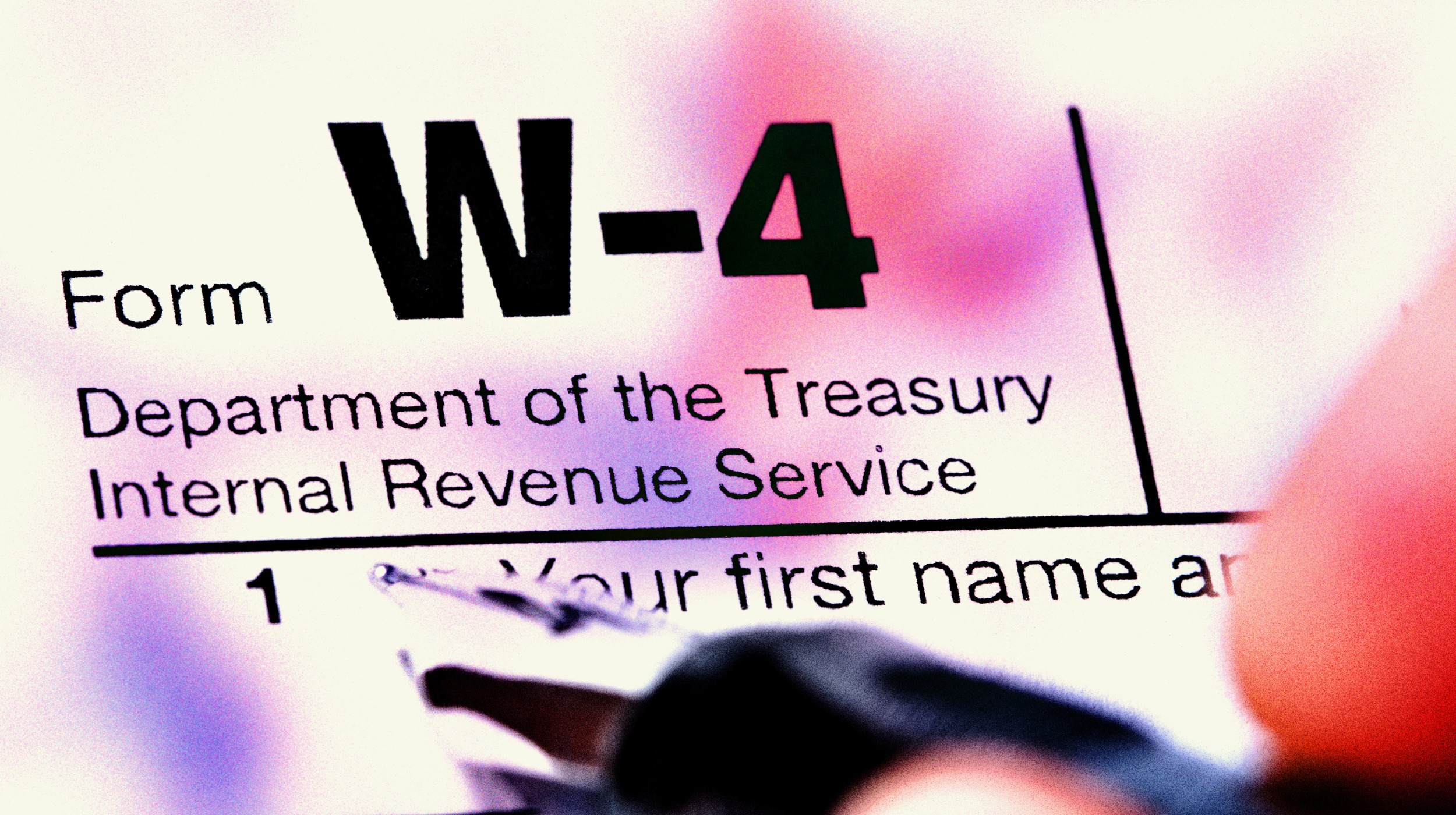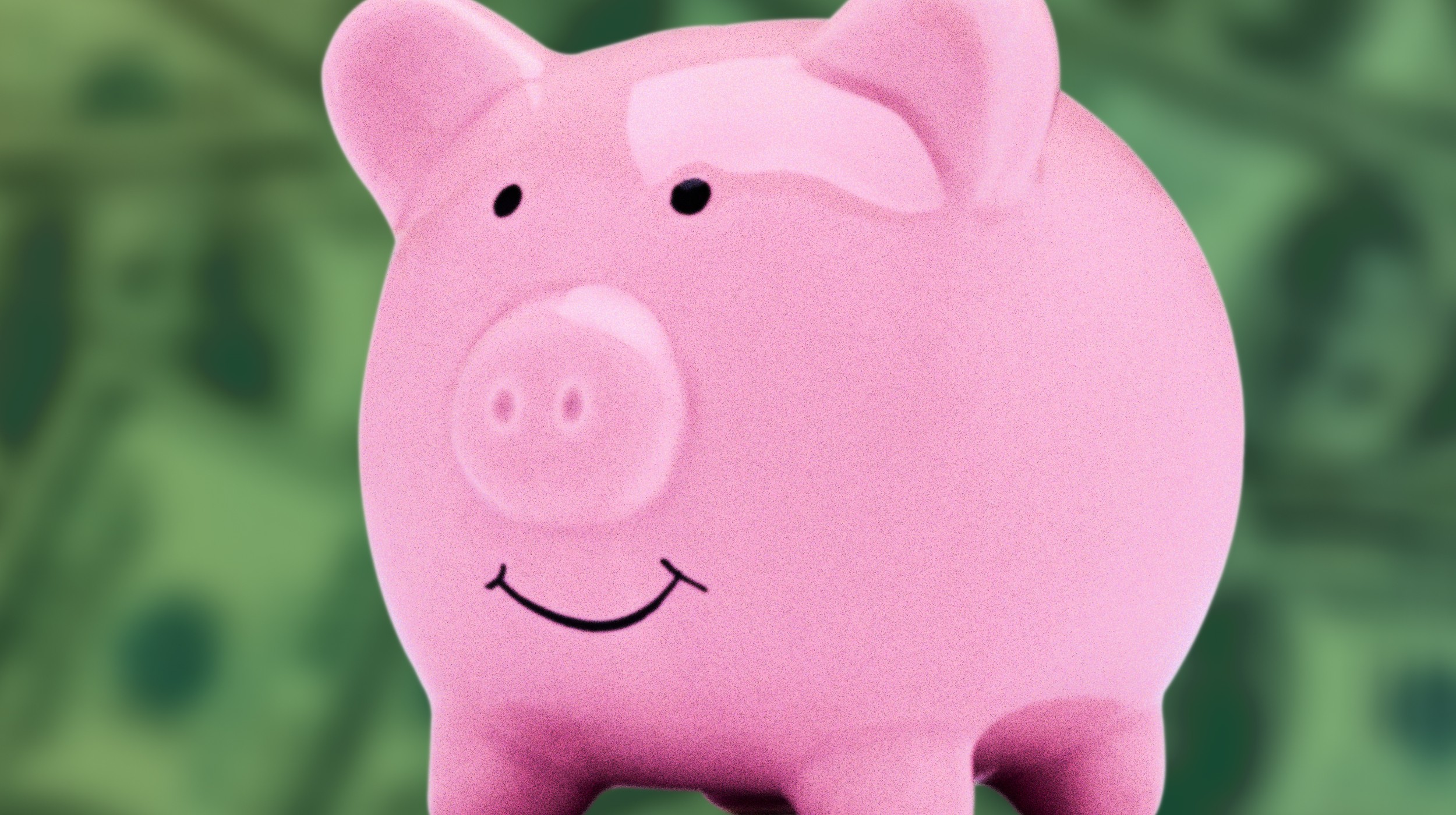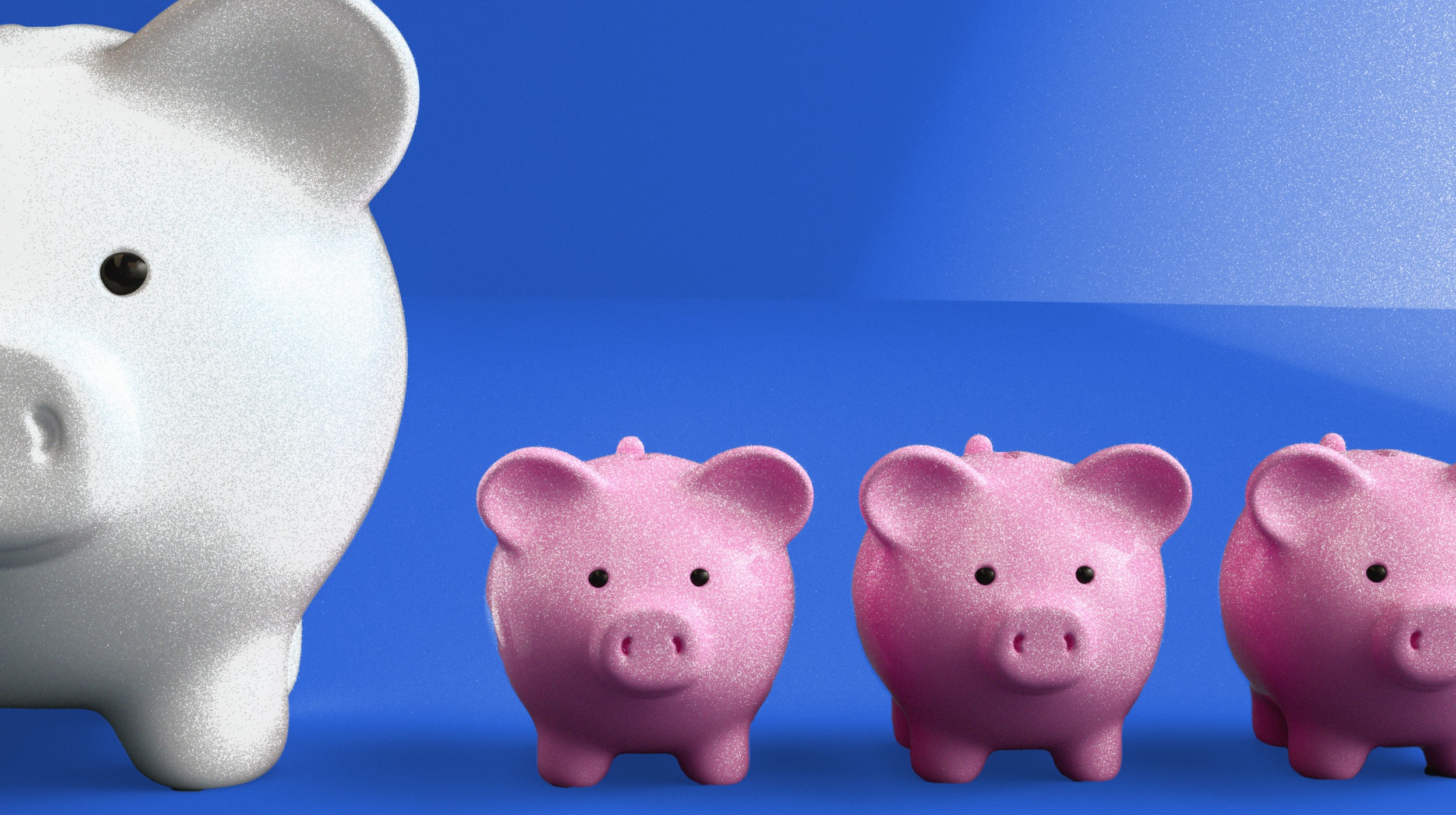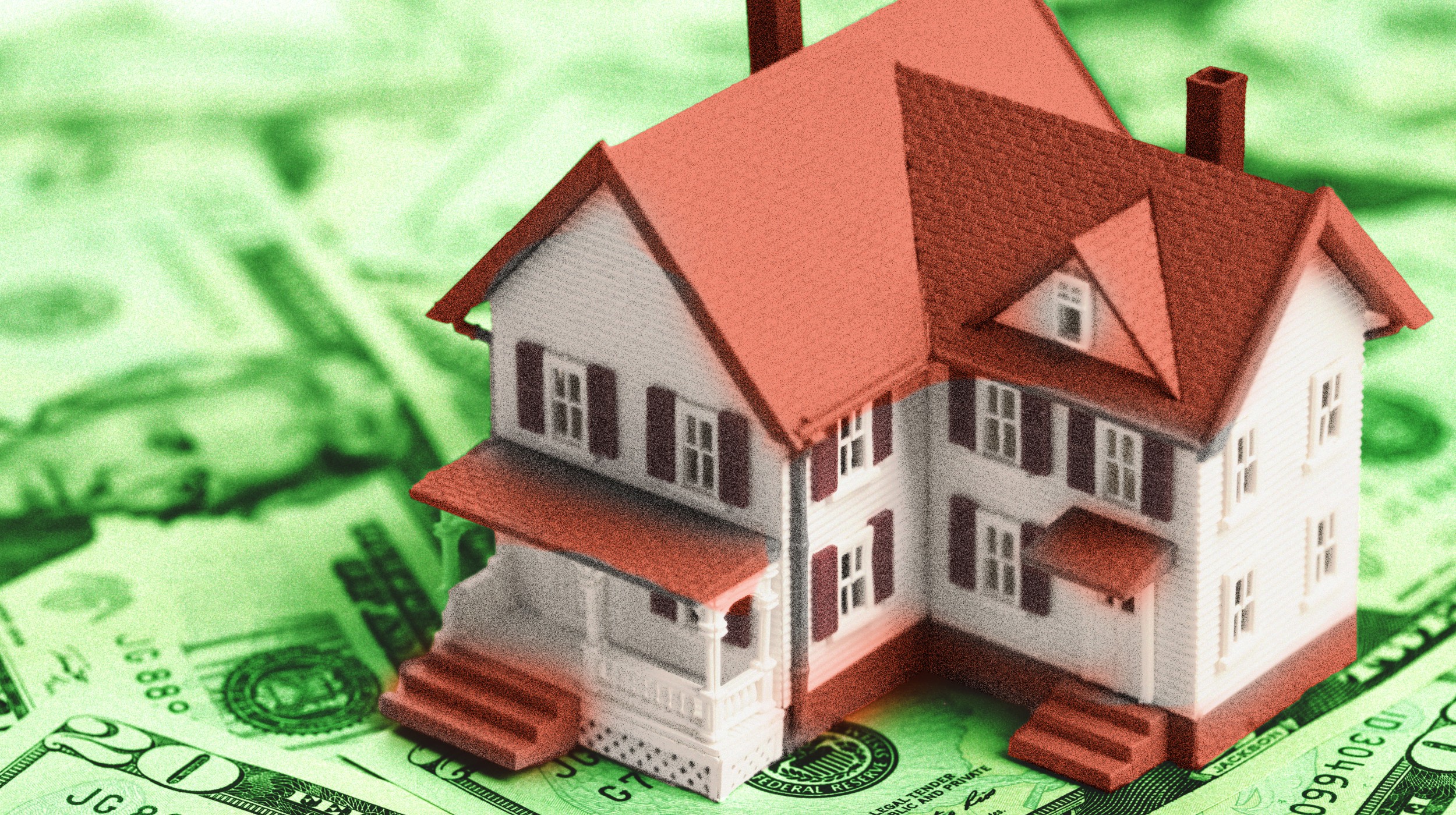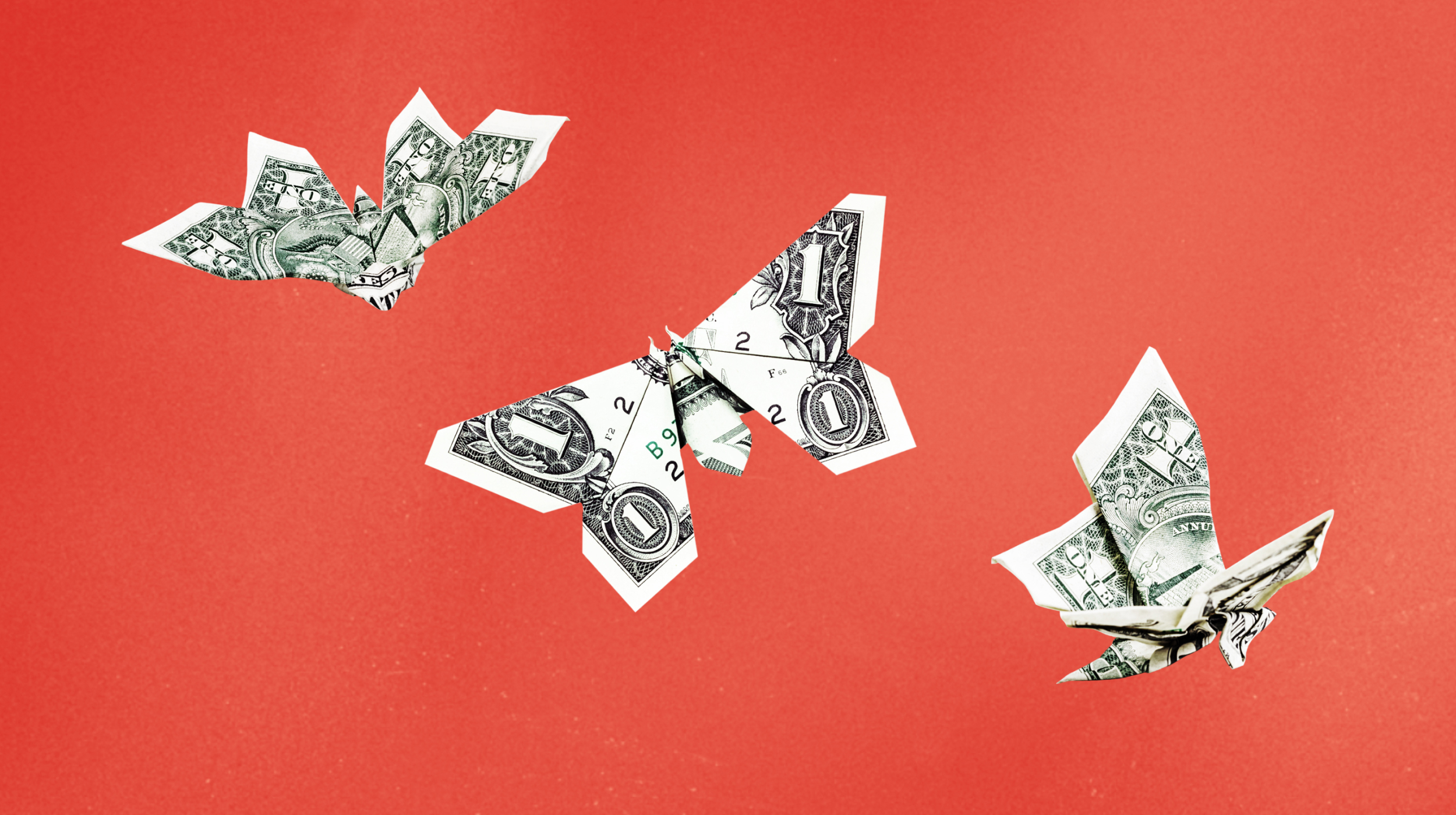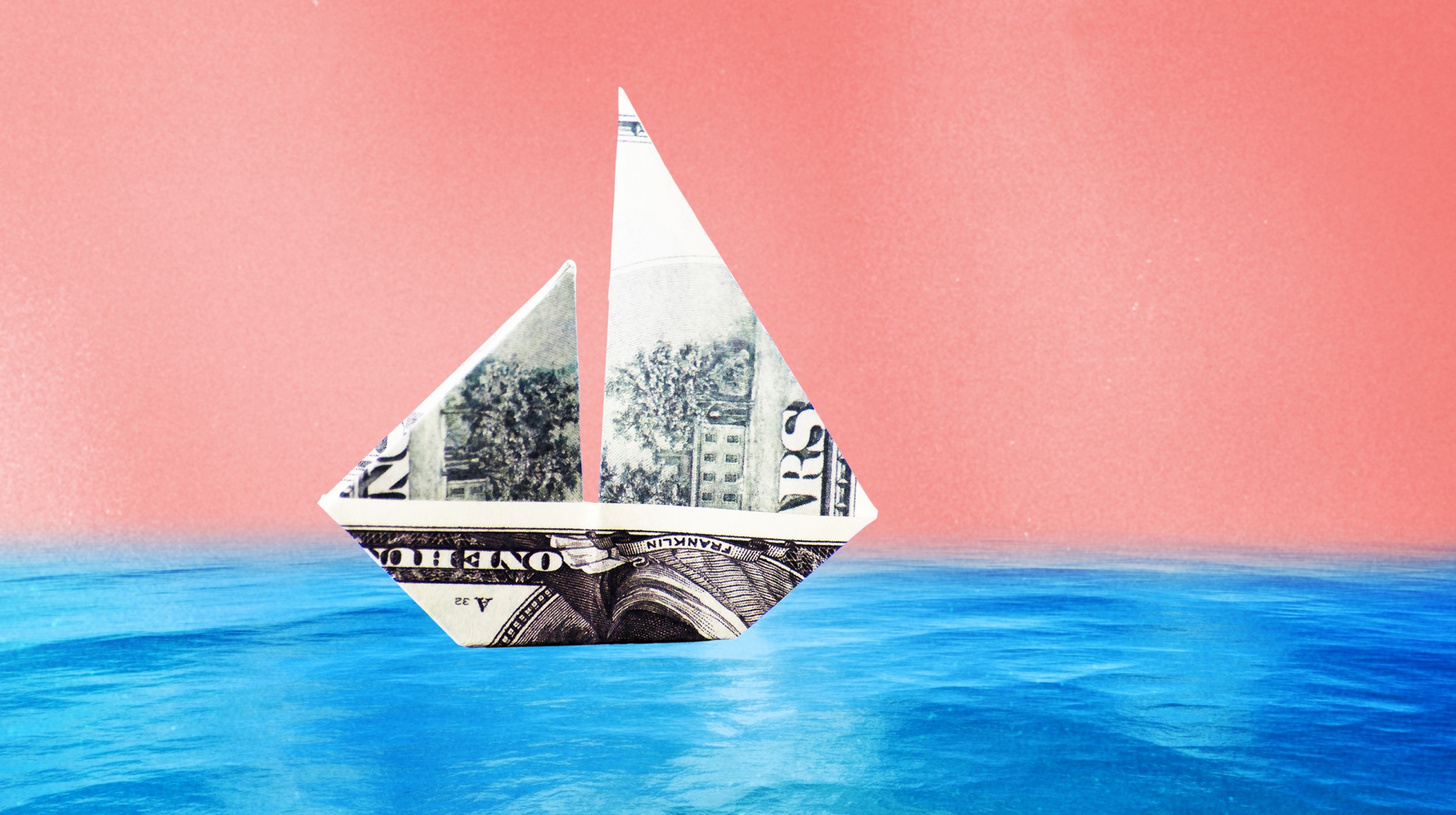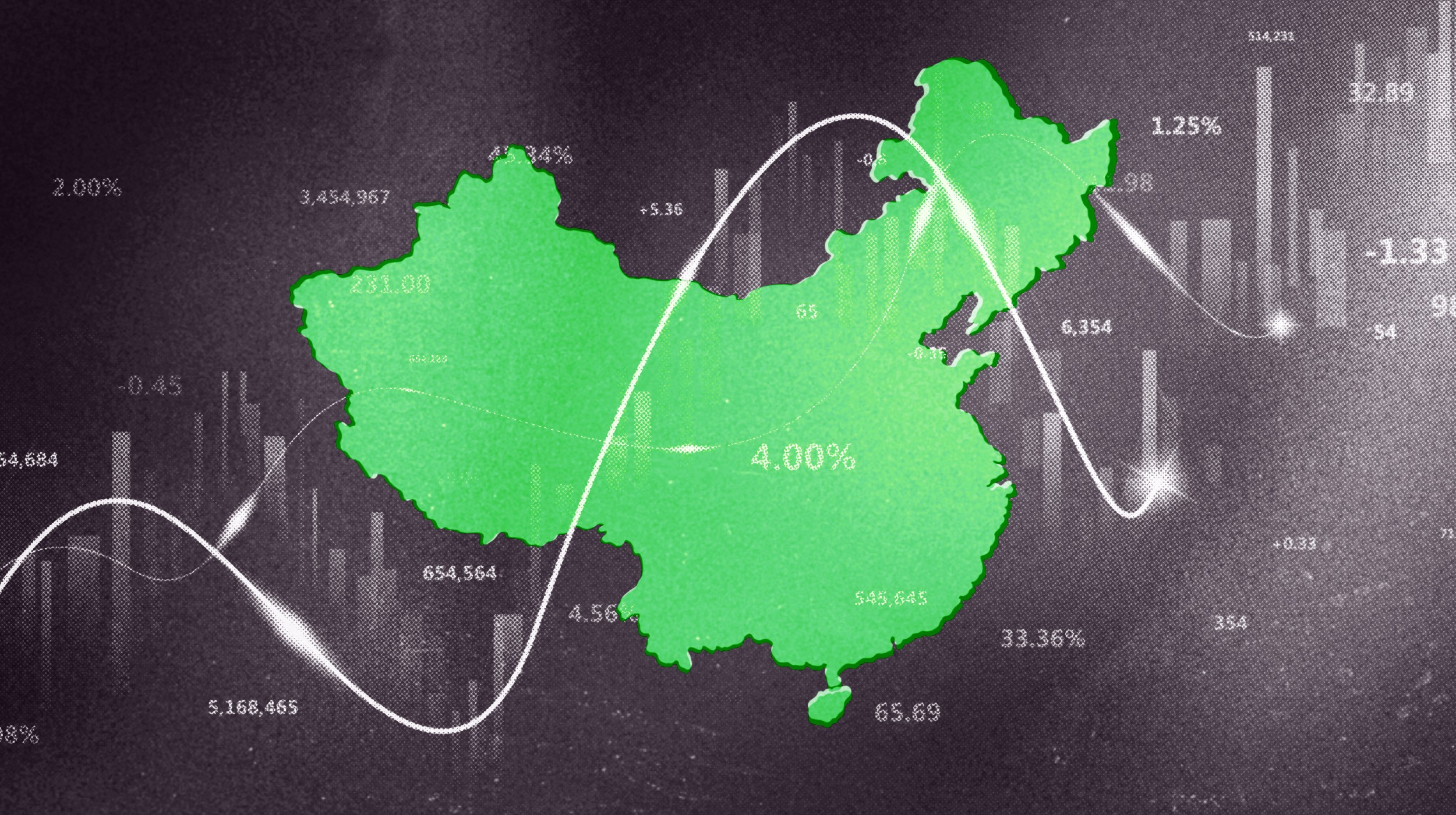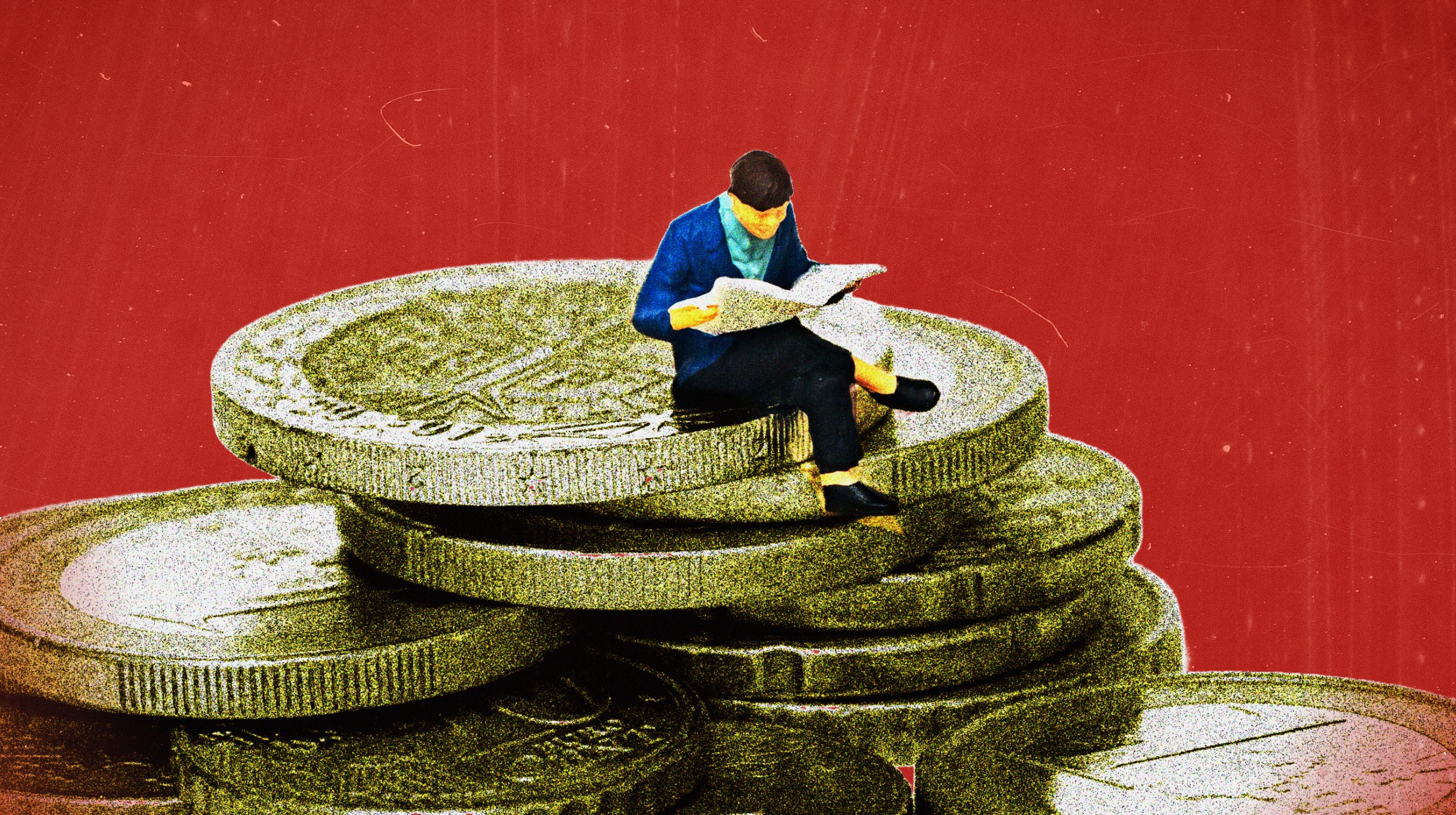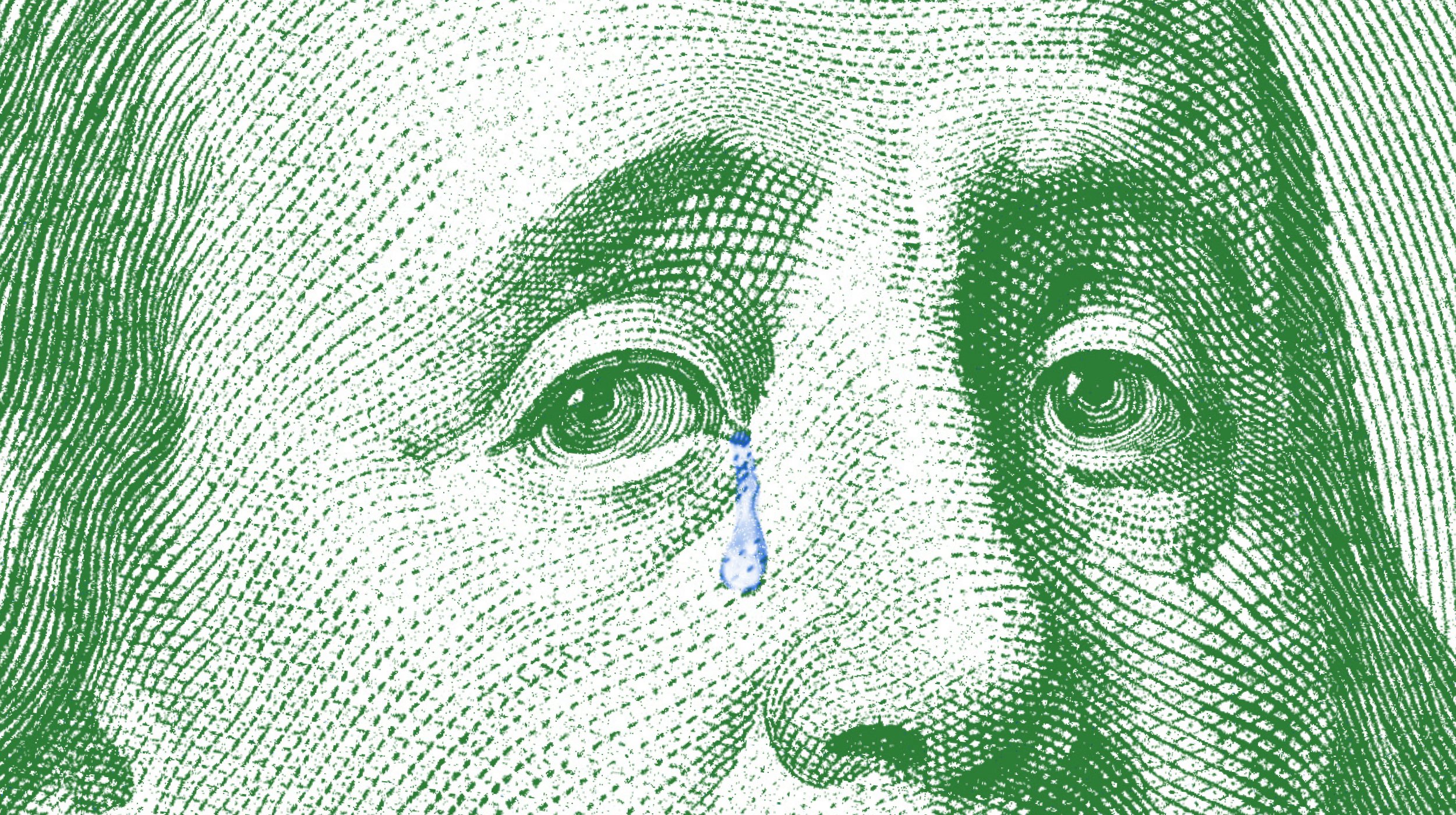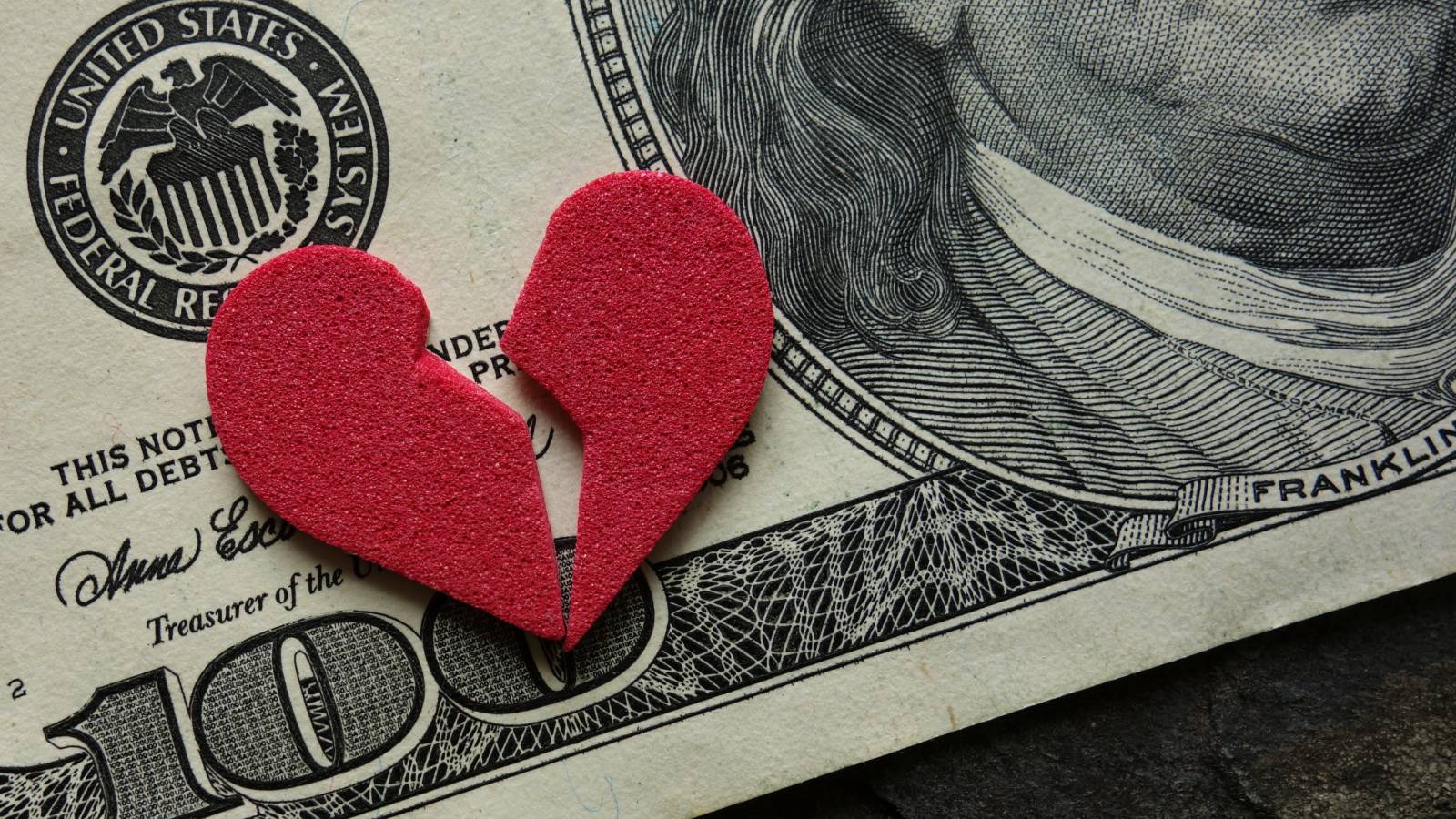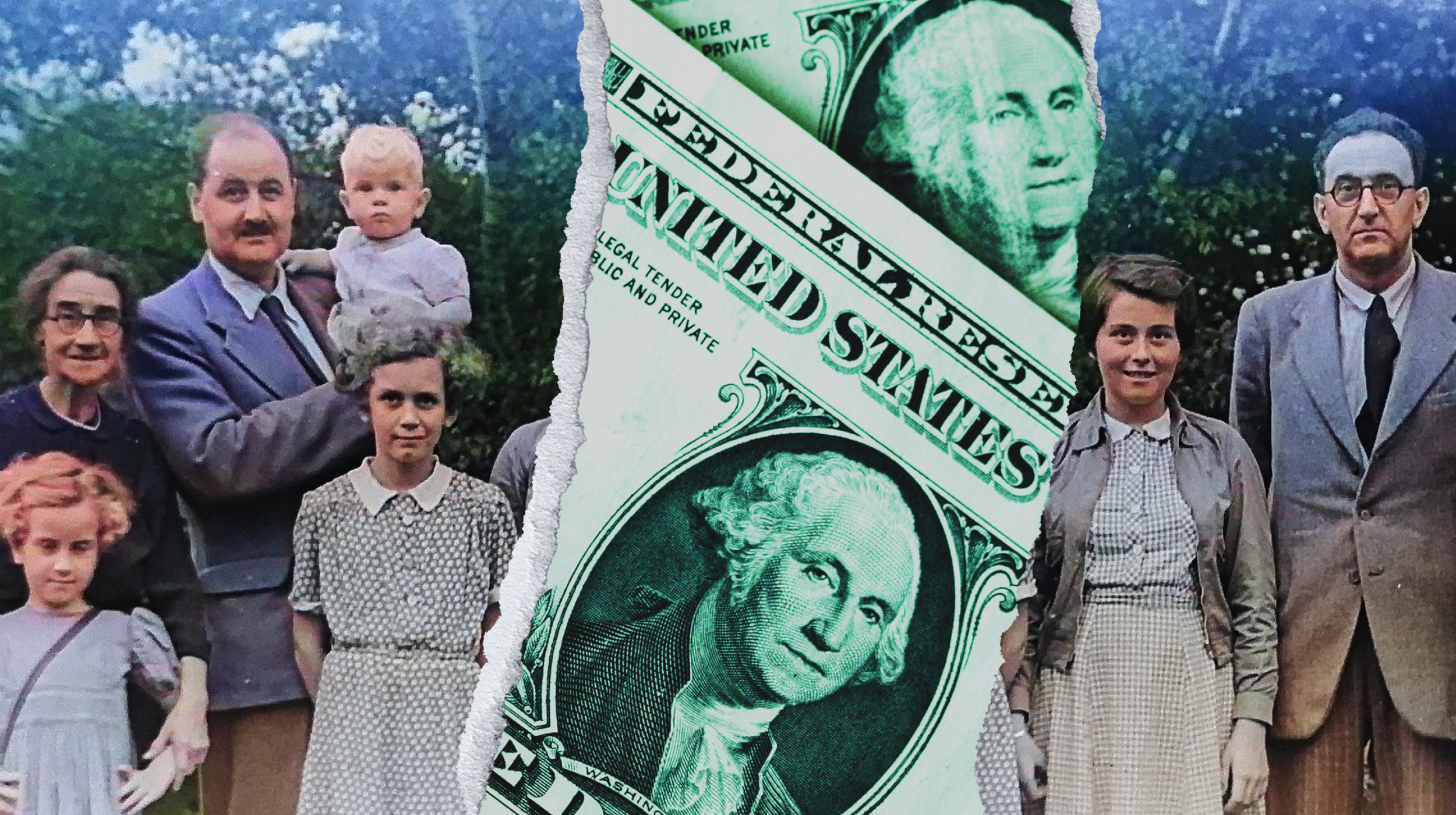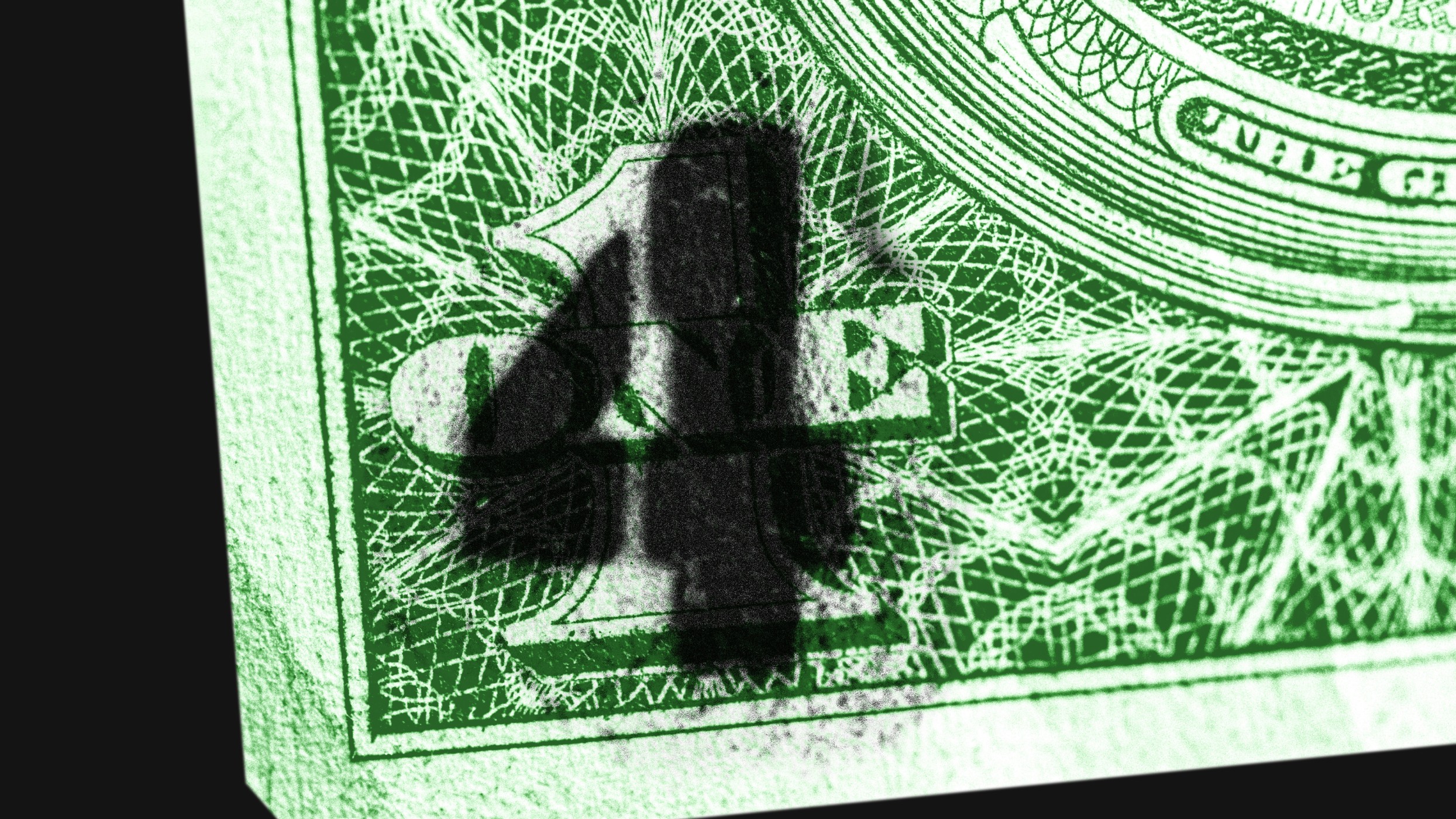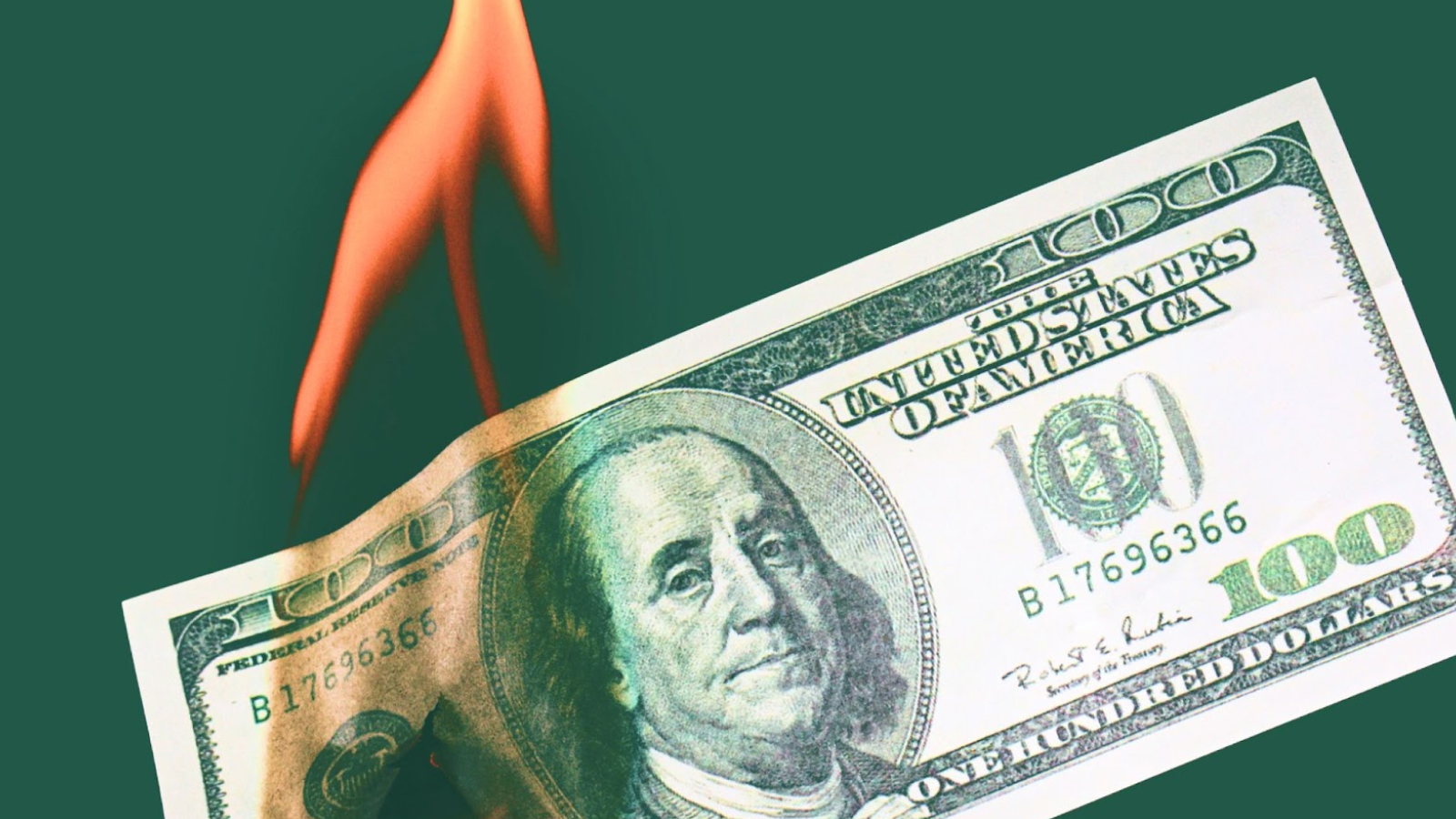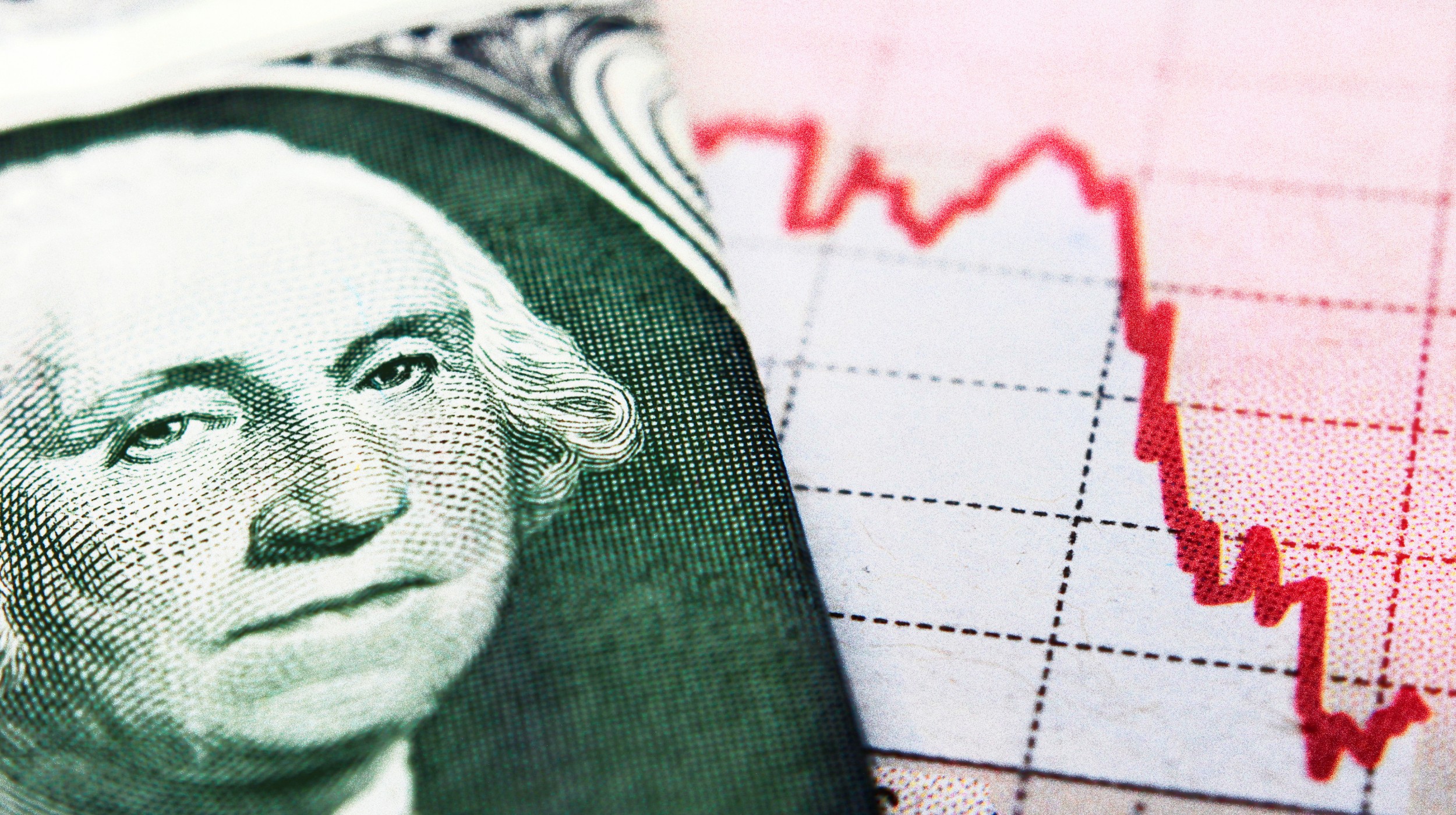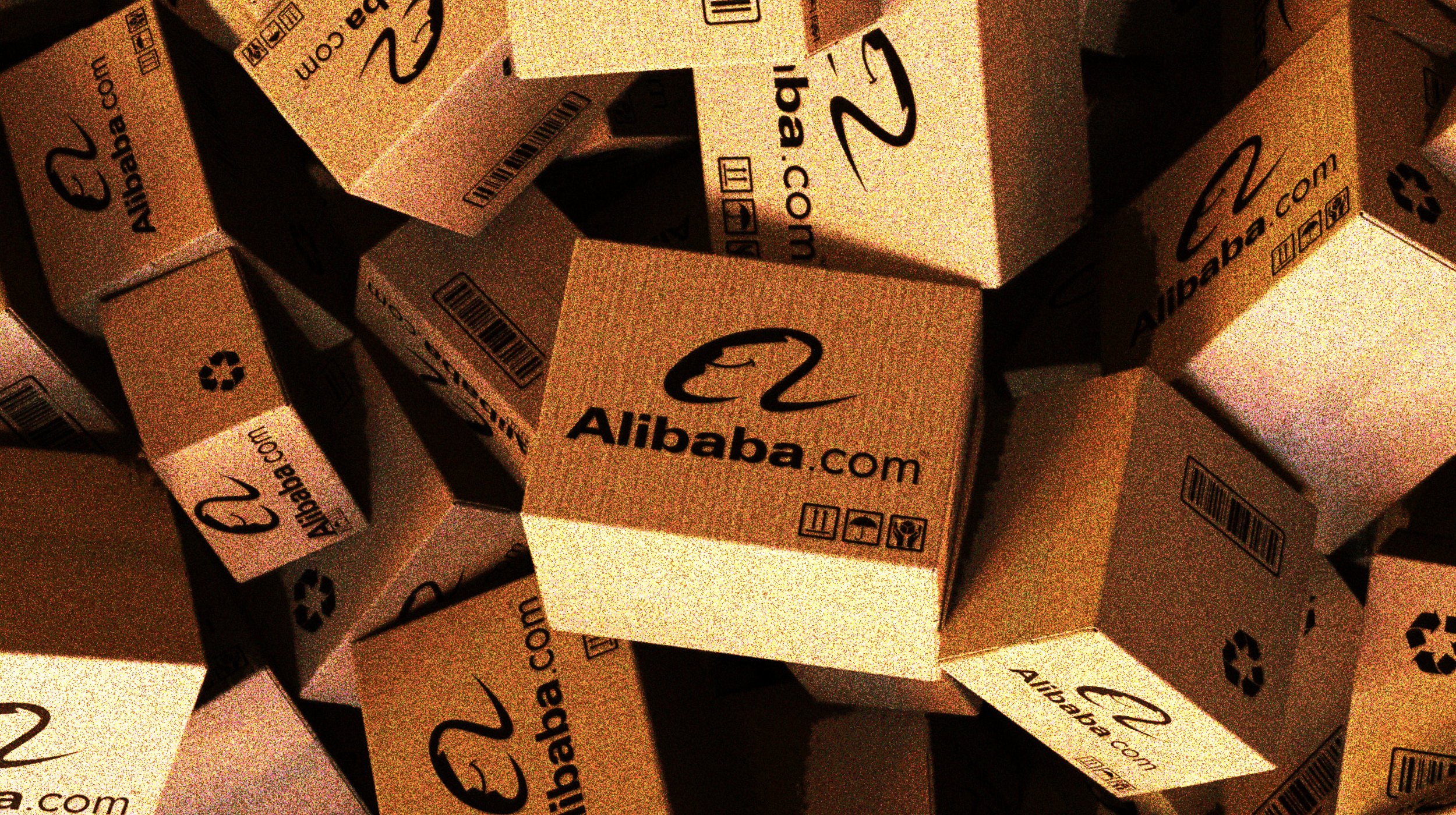Sponsored
All Stories
Today’s technologist archetypes share a blind spot. Brendan McCord, founder of the Cosmos Institute explains why “philosophy is essential” when building planetary-scale technology.
▸
10 min
—
with
Americans are getting older, and so are traditional healthcare methods. CEO of Northwell Health Michael Dowling shares his take on how we can develop the best care for our elderly loved ones.
▸
4 min
—
with
Can creativity really change the world? Creativity Pioneers argue that it can. By using art, culture, and imagination, these innovators are tackling some of the most pressing social issues of […]
▸
7 min
—
with
How can ancient philosophical wisdom guide us in ensuring that artificial intelligence enhances human flourishing rather than diminishing it?
▸
9 min
—
with
In the series, guests read aloud questions that pop out from a gumball machine [literally!]. The questions, like “who would you be if you stripped away all of your identities?”, […]
▸
1 min
—
with
What if AI could tell us we have cancer before we show a single symptom? Steve Quake, head of science at the Chan Zuckerberg Initiative, explains how AI can revolutionize science.
▸
5 min
—
with
Maintain peace of mind during tax season by correctly filling out your W-4.
One reason saving is hard: We tend to view our “future selves” as complete strangers, and our decisions in the present moment reflect that.
You’ve probably noticed that most retailers use prices ending in 99. That’s intentional.
Uncover the high cost of raising a family and discover strategies to make it more manageable and rewarding.
Becoming a renter in today’s economy may be a smart decision for some people.
Treating “oniomania” or compulsive buying disorder is about protecting your finances as well as your mental health.
FIRE is a lifestyle that promotes extensive saving in order to retire early, despite the fact that early retirement is far from practical.
The story of China is the story of global economics.
Financial setbacks are more common than you might think.
Financial illiteracy can become a significant problem. But it’s a problem with a clear solution.
Frugality can also benefit the environment.
Mindfulness may be especially useful for gaining more control of your impulses to spend.
Money shame is more common than you might think.
Risk-taking isn’t inherently bad: It tends to build self-confidence when things work out, and resilience when they don’t.
Talking about money with loved ones is awkward. Here’s how to do it.
Smart investors recognize that the stock market doesn’t exist in a vacuum.
Here are the signs that you inherited “money anxiety” from your parents.
No family is immune to money conflicts, no matter how much they love each other. Here’s what to look out for.
Some experiences continue to pay dividends time and time again.
Personal finance advice is often over-simplified and fails to consider economic research or people’s unique circumstances.
These 5 research-backed tips can turn bad habits into financial gain.
Day trading has the potential to yield incredible profits, but without a time machine, you’re unlikely to achieve them.
There are four money personality types. Which are you?
Although it’s often described as the Amazon of China, Alibaba has a radically different business model that does not rely on inventory management.






